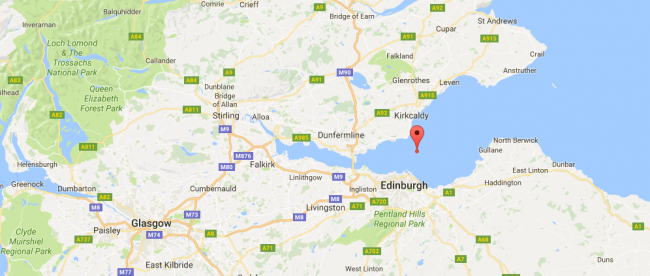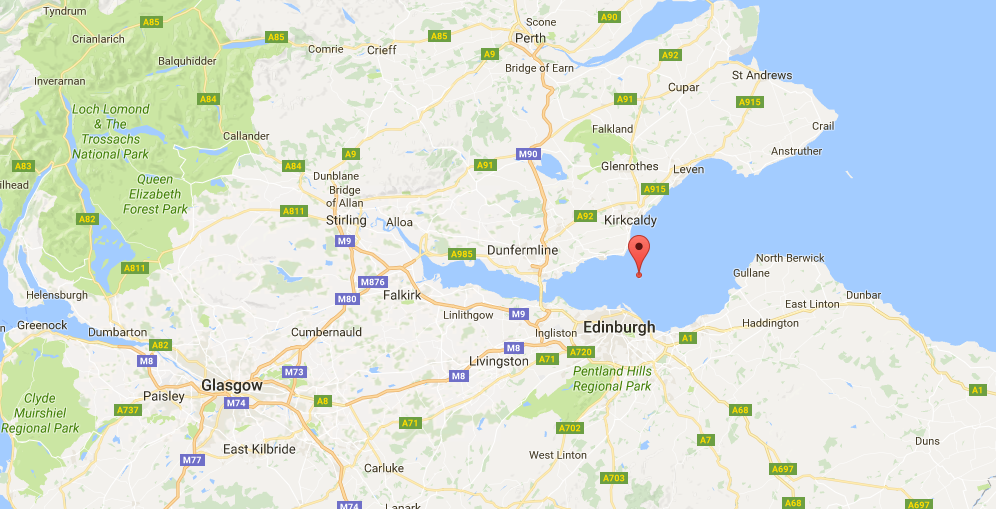The Forbidden Experiment


This sentence is written in a language called English. Even though these words are made up of seemingly random marks arranged in odd shapes, you can understand it. And for many, that ability seems almost innate: if you’re a native English speaker, you seemed to have picked up a lot of your comprehension of the language seemingly organically and, to a large degree, in a way beyond your memory’s reach.
But it’s not actually innate — we obtain our first language(s) from observing our surroundings when we are very young. So, what would have happened if you weren’t exposed to a language — any language — at that point in your life? What would have happened instead?
We’ll probably never know — because to find out would require that a newborn is brought up in silent isolation, which most everyone today would find inhumane. In fact (in the context of a feral child), an author named Roger Shattuck coined such an endeavor “The Forbidden Experiment” for this very reason.
And yet, in the past, some have tried it anyway — with King James IV of Scotland leading the way.
By all accounts, King James IV was a polyglot — he spoke at least a half-dozen different languages. And the king wanted a deeper understanding of how we communicated, but in a biblical sense; he wanted to know what language Adam and Eve spoke. The two, per the Bible, were able to speak with one another, but the two predated any other human and therefore any other spoken tongue. Logically, the theory goes, Adam and Eve’s ability to communicate had to be something they were born with, not something they learned. And James IV wanted to know what that innate language sounded like.
Enter the tiny Scottish island of Inchkeith, flagged in the map above. Located in the Firth of Forth, the estuary of a river which dumps into the North Sea, the island has a storied history despite — or perhaps because of — the fact that it’s not (typically) populated. In this case, King James IV (probably — there’s a small but meaningful chance that the tale is a myth) “had a deaf and dumb woman transported to the [island] with two infant children,” per the BBC. The BBC continues: “She was to nurse the infants until they came to the age of speech. It was hoped that when the children learned to speak, free from normal human communication, they would reveal the original tongue – the language of the gods.”
So, what happened? We don’t exactly know. The first recorded recounting of the events at Inchkeith came 100 years later, and, per Mental Floss, states (unreliably) that “some say they could speak Hebrew.” That’s unlikely, to say the least — most historians find the claim dubious. There are simply too many reasons the doubt it: the timing of the report, the third-hand nature of it, the fact that it’s uncorroborated, and the fact that in various other such experiments (which predate James IV and have similar historical problems) don’t yield the same result all cast doubt upon it.
As a result, if there is an innate language — and most likely there isn’t one — we will probably never be able to discover it. (But given the cost of trying, that’s a good thing.)
Bonus fact: There are other ways to experiment with language acquisition beyond language deprivation, of course. Just ask d’Armond Speers, a linguist who, during the first three years of his son’s life, only spoke to him in a foreign language: Klingon. (His son was exposed to English in many other ways — the only time the kid was immersed in the language of Kirk’s nemeses was when his father was speaking to him directly.) As Gizmodo reported, the kid turned out no worse for the wear; “he’s a happy camper without any social scars.” Qapla’!
From the Archives: Expletive Deleted: Another type of language experiment, this one regarding bad words and how they do good things.
Related: “The Forbidden Experiment: The Story of the Wild Boy of Aveyron” by Roger Shattuck. 4.3 stars on four reviews. Also, the Klingon dictionary, which has 4.6 stars on almost 100 reviews.
